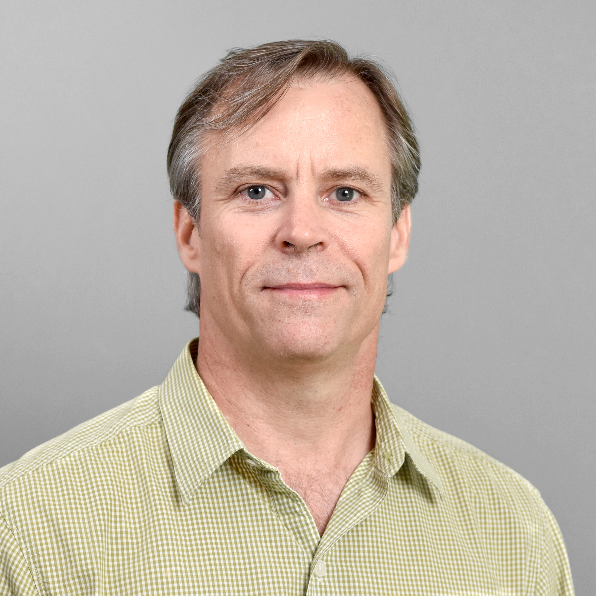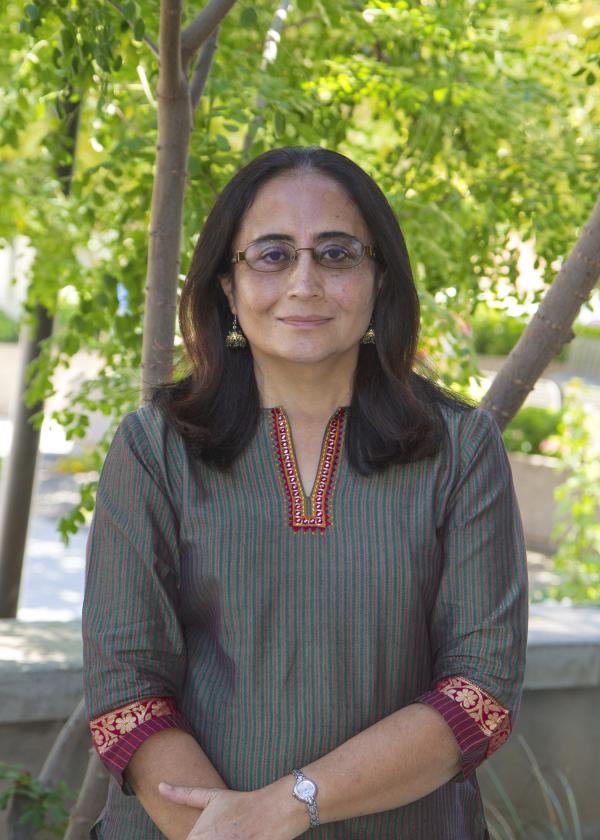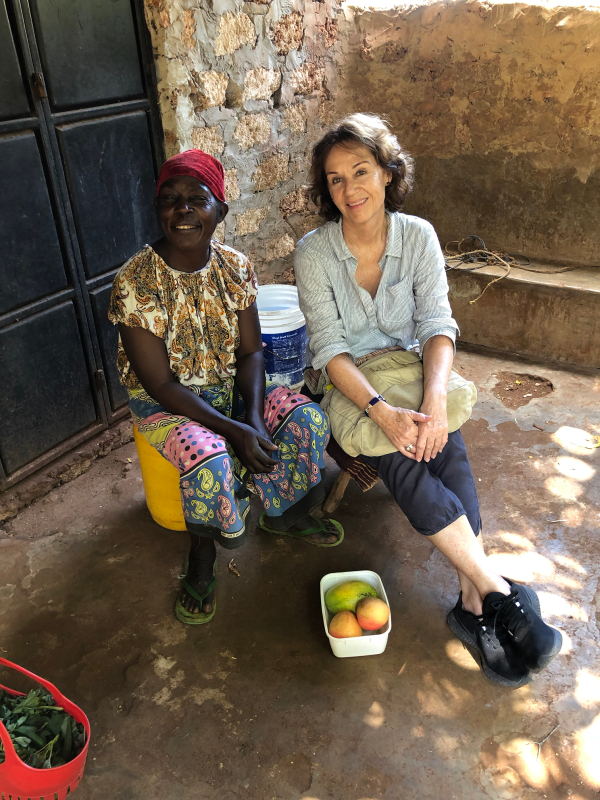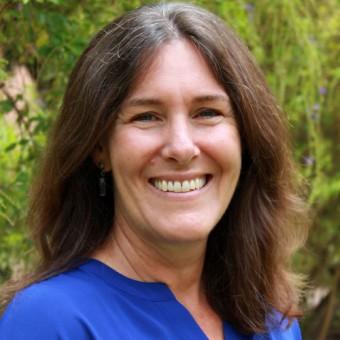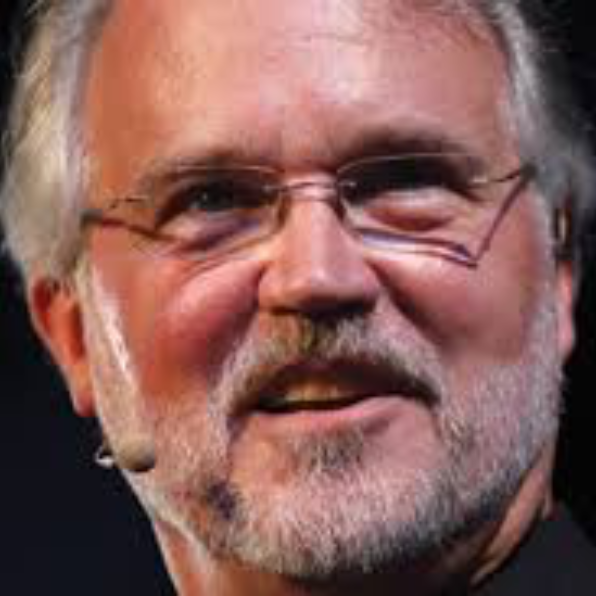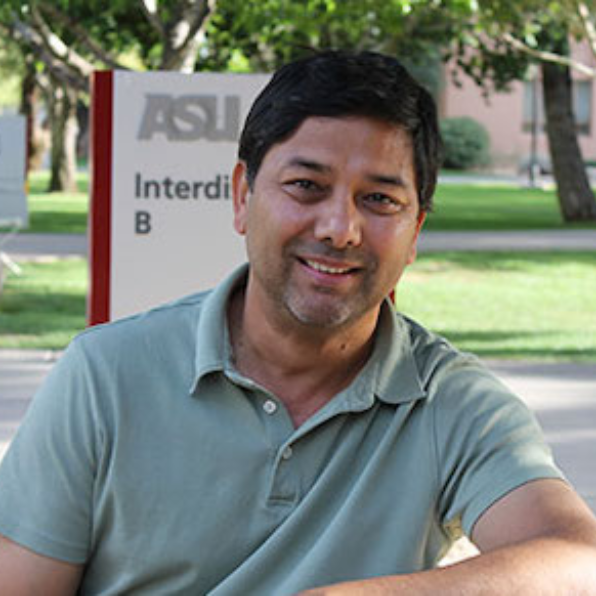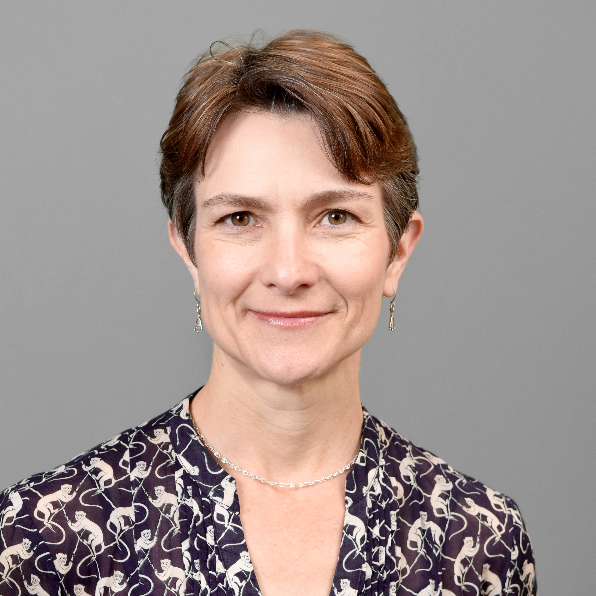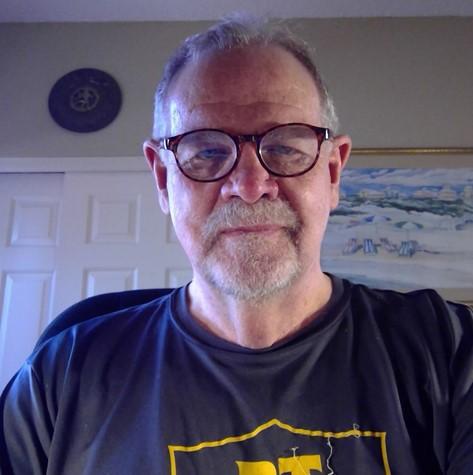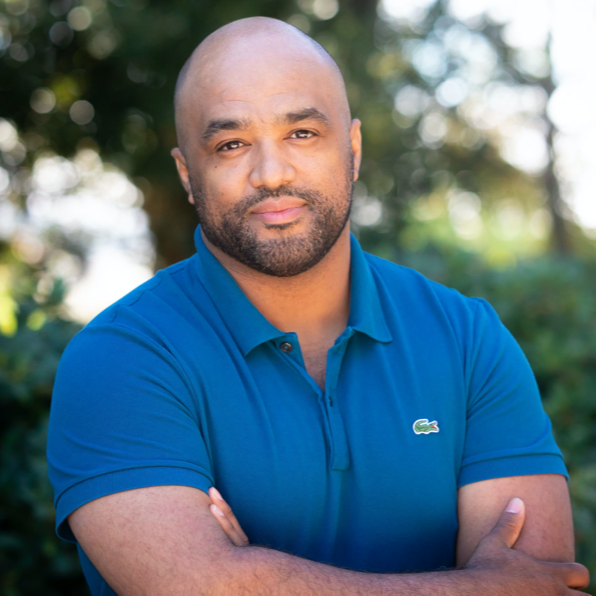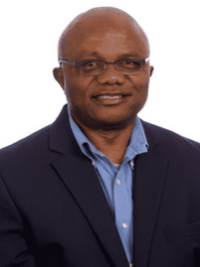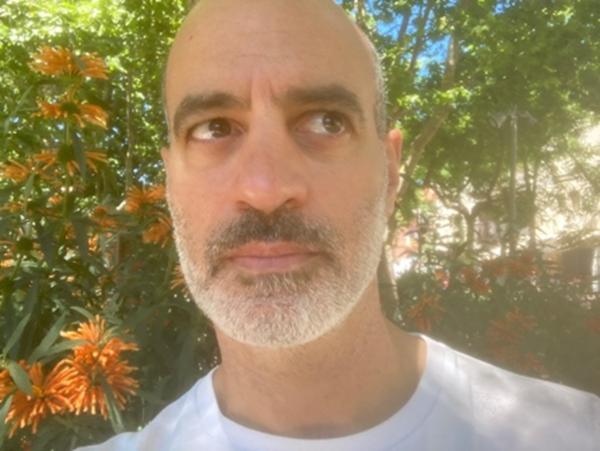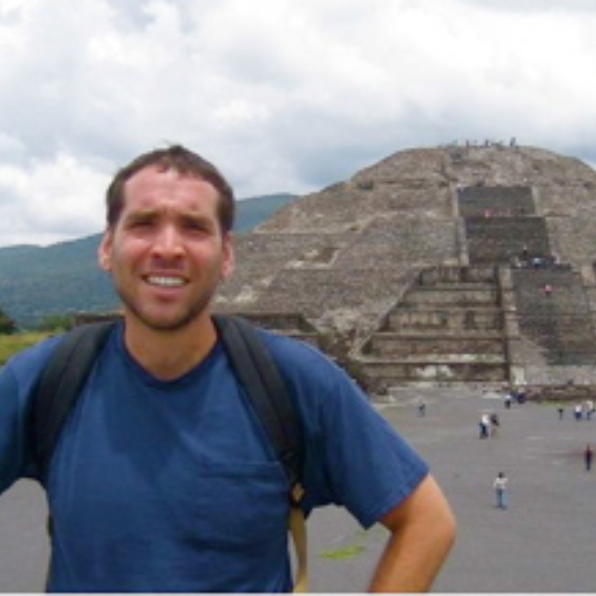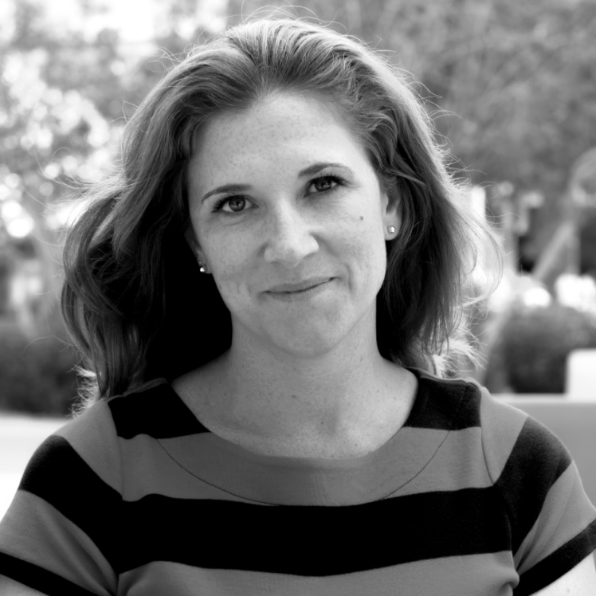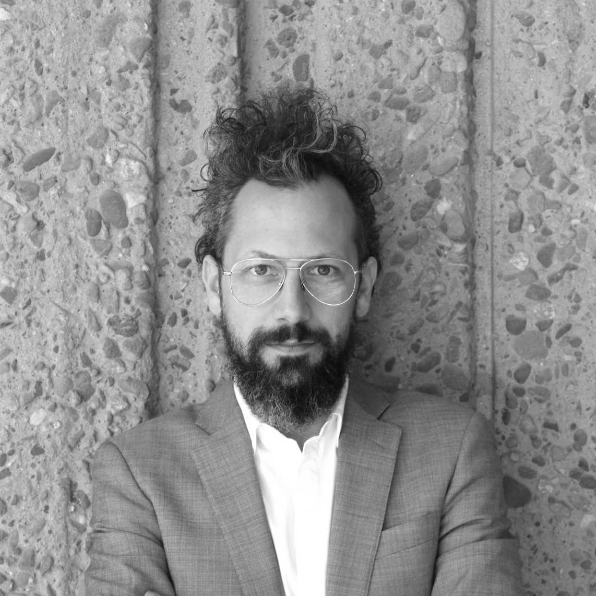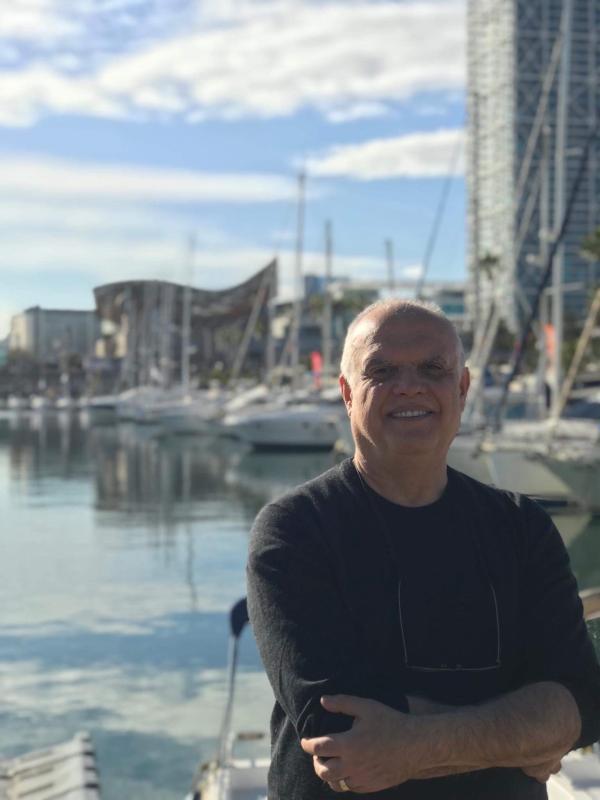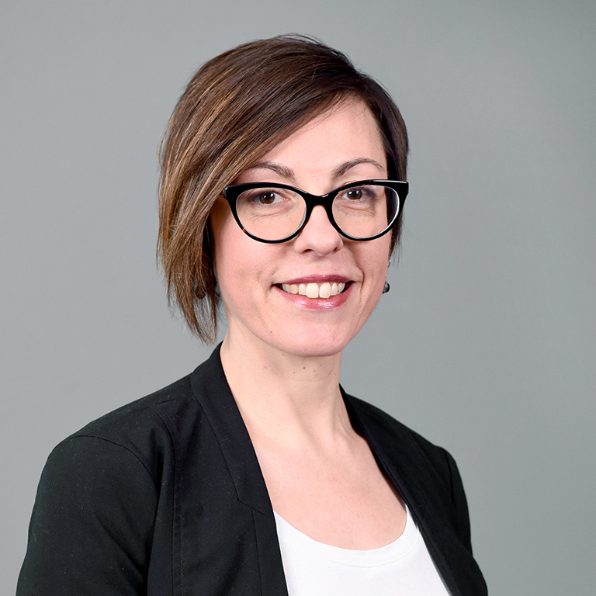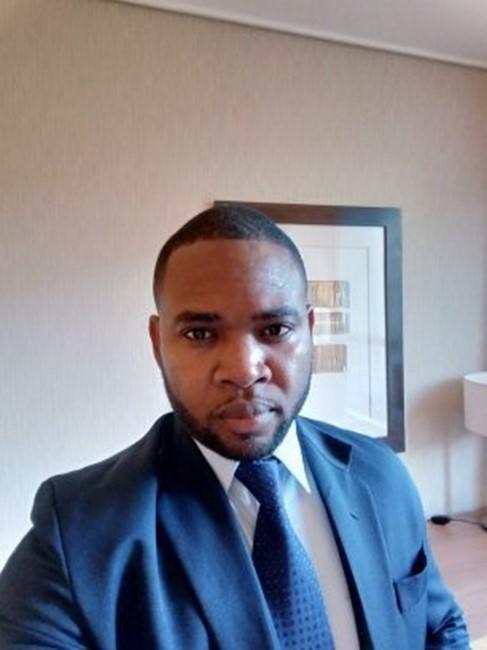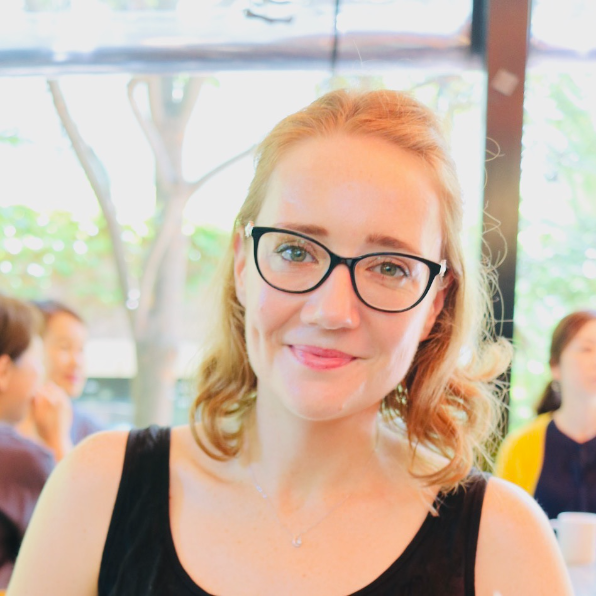Marty Anderies
Professor, ASU School of Human Evolution and Social Change, ASU School of Sustainability; Behaviour, Economics, and Nature Research Program Director, Beijer Institute for Ecological Economics
Marty.Anderies@asu.edu
Marty Anderies' research interests focus on developing an understanding of how ecological, behavioral, social, and institutional factors affect the robustness/vulnerability characteristics of social-ecological systems. His work combines qualitative insights from present-day, historical, and archaeological case studies of social-ecological systems with formal mathematical modeling and experiments with human subjects to study how individual decision-making processes interact with governance regimes to influence social and environmental outcomes.

